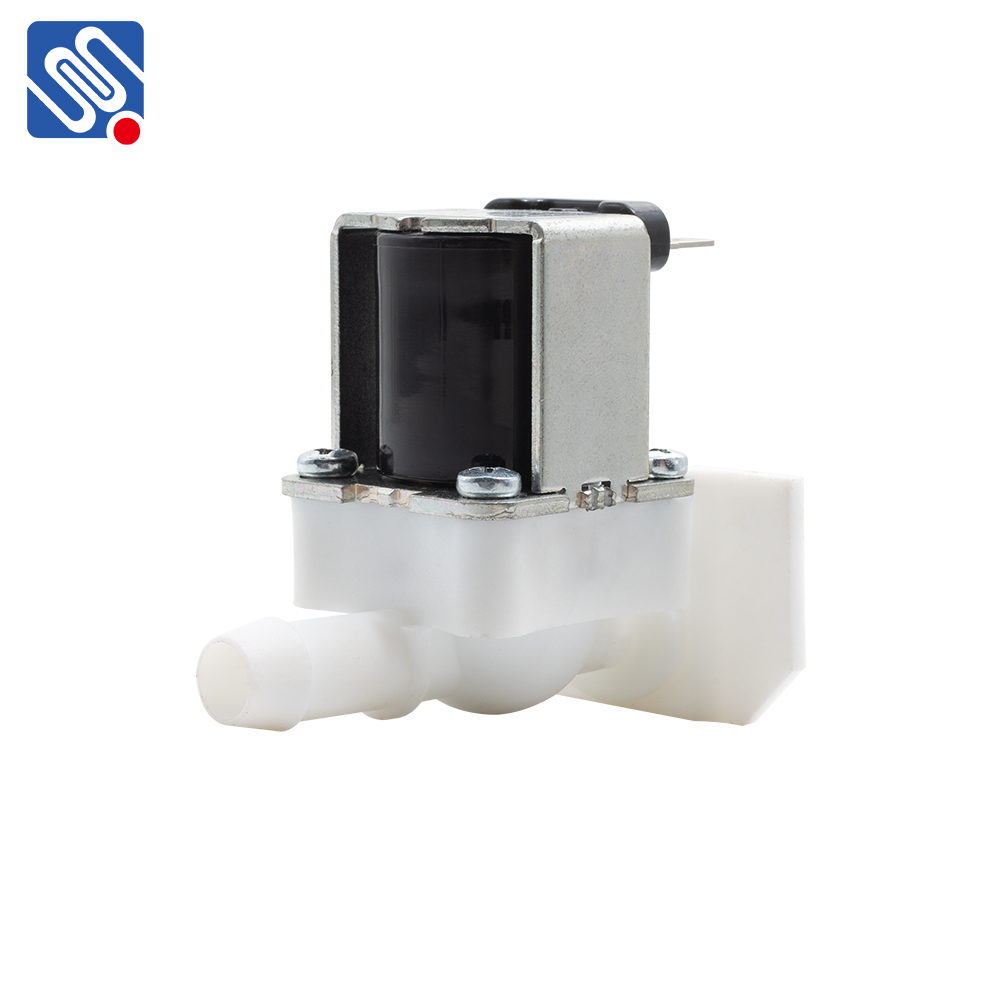understanding the low flow solenoid valve: key features, applications, and benefits
Release time:2025-09-16 22:03:39
Low Flow Solenoid Valves are a critical component in various industrial, laboratory, and medical applications, providing precise control over the flow of fluids and gases at low volumes. These valves are specially designed to handle small quantities of fluids, making them essential in situations where precision and reliability are paramount. This article delves into the key features, applications, and benefits of Low Flow Solenoid Valves, shedding light on their importance in modern systems.

What is a Low Flow Solenoid Valve? A Low Flow Solenoid Valve is a type of valve that uses an electromagnet to control the opening and closing of a valve orifice, regulating the flow of fluids or gases at low rates. Unlike standard solenoid valves that control higher volumes of flow, Low Flow Solenoid Valves are optimized for applications requiring fine-tuned flow control. These valves are typically smaller in size and designed with high precision to ensure accurate regulation of low flow rates. Key Features of Low Flow Solenoid Valves Precision Control: One of the most distinguishing features of Low Flow Solenoid Valves is their ability to regulate very small flow rates. This makes them ideal for applications that require extremely fine adjustments, such as in laboratories or medical devices.

